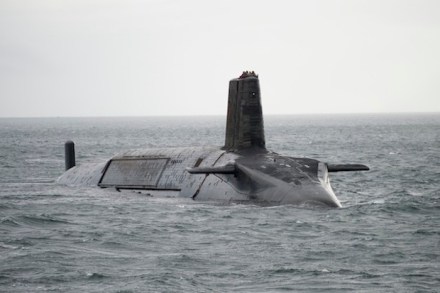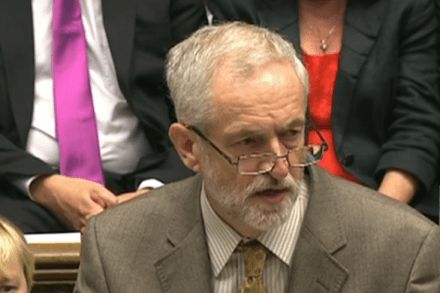Owen Paterson interview: My plan to find the next Tory leader
One evening early in this autumn term in Parliament, Tory MPs crowded excitedly into a parliamentary office for drinks and nibbles. It wasn’t a particularly unusual event: there were many more people than could fit in the room, though MPs surged in and out like the tide as the division bell rang. But in between votes, the host gave a speech that marked this out from all the other drinks events that MPs throw for one another. That host was Owen Paterson, and he told the room, which was made up mainly of right-leaning eurosceptic Conservatives, that he would be writing a set of policy papers for a future leadership




















